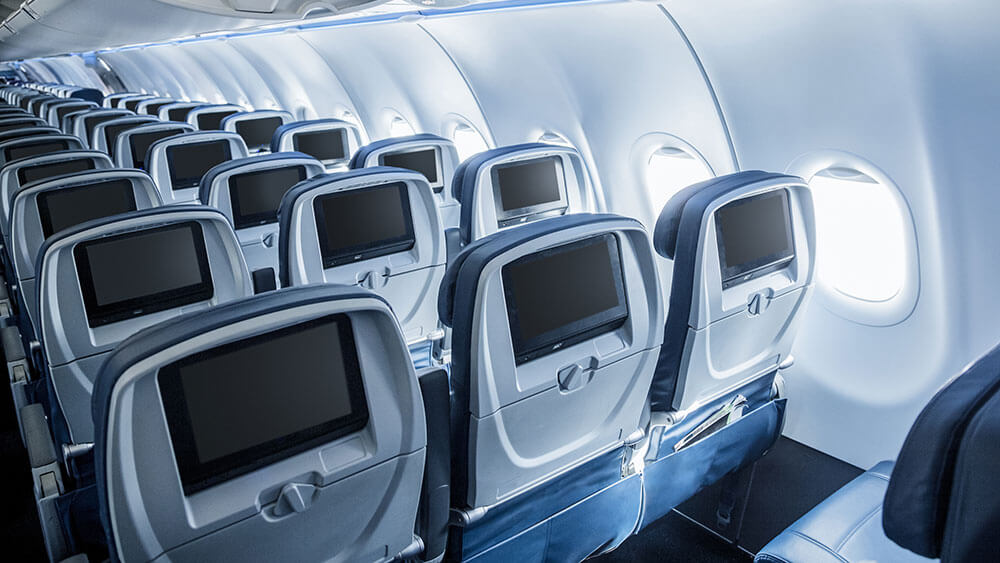
Now that the world has gotten used to conducting business virtually during the COVID-19 pandemic, business travel could be permanently reduced by as much as 36 percent, according to The Wall Street Journal’s travel reporter and columnist. But conventions and trade shows may be the exception.
Now that vaccines are nearly ready to begin being distributed and many normal activities are hoped to resume at some point in 2021, will business travel bounce back?
Not completely, according to Wall Street Journal travel reporter Scott McCartney, who said in his recent The Middle Seat column that while top airline companies like American, United, and Delta are confident that business travel will eventually return to the old normal, other data suggests differently.
A global survey in early October by consulting firm Oliver Wyman, for example, found that 43 percent of business travelers said “their company travel would be less than planned” post-pandemic. This was significantly higher than the 27 percent who said the same thing in May. McCartney compiled data on business travel from a number of sources and broke down the market by travel type — such as sales, tech support, and conventions — and estimated the lowest and highest percentage of trips that might be “lost to technology” in each category. He worked alongside three airline-industry veterans — Jay Sorenson, president of airline industry consulting firm IdeaWorks; Ben Baldanza, former chief executive of Spirit Airlines and board member of JetBlue; and Charlie Leocha, president of passenger advocacy organization Travelers United — for his business-travel analysis and found that between 19 and 36 percent of all air trips are likely to end. As in for good.
McCartney explains that while business travel is often thought of as just for sales meetings and conventions, there are other pieces to the pie. Twenty percent of business travel, he writes, goes toward intra-company meetings and training — something his data suggests will be replaced by remote sessions. Commuting to work by air counted for another 5 percent of the data, which McCartney also suggests could be completely eliminated as remote work becomes a more popular option for organizations. “In both those categories,” McCartney said, “we estimated a minimum 40 percent of that travel would be replaced by technology and it could be as high as 60 percent.”
Sales travel and convention attendance comprise almost half of business travel, McCartney said. According to his research, 25 percent of business trips can be classified as sales and securing clients, and conventions and trade shows make up another 20 percent. Professional services, such as legal and consulting work, make up approximately 20 percent as well. These categories — especially conventions and trade shows — fared better in McCartney’s future predictions, because they are more effective face-to-face than virtually.
“Conventions and trade shows,” he writes, “likely will bounce back because they are seen as efficient ways to meet clients, recruit business, and keep track of competitors.”
